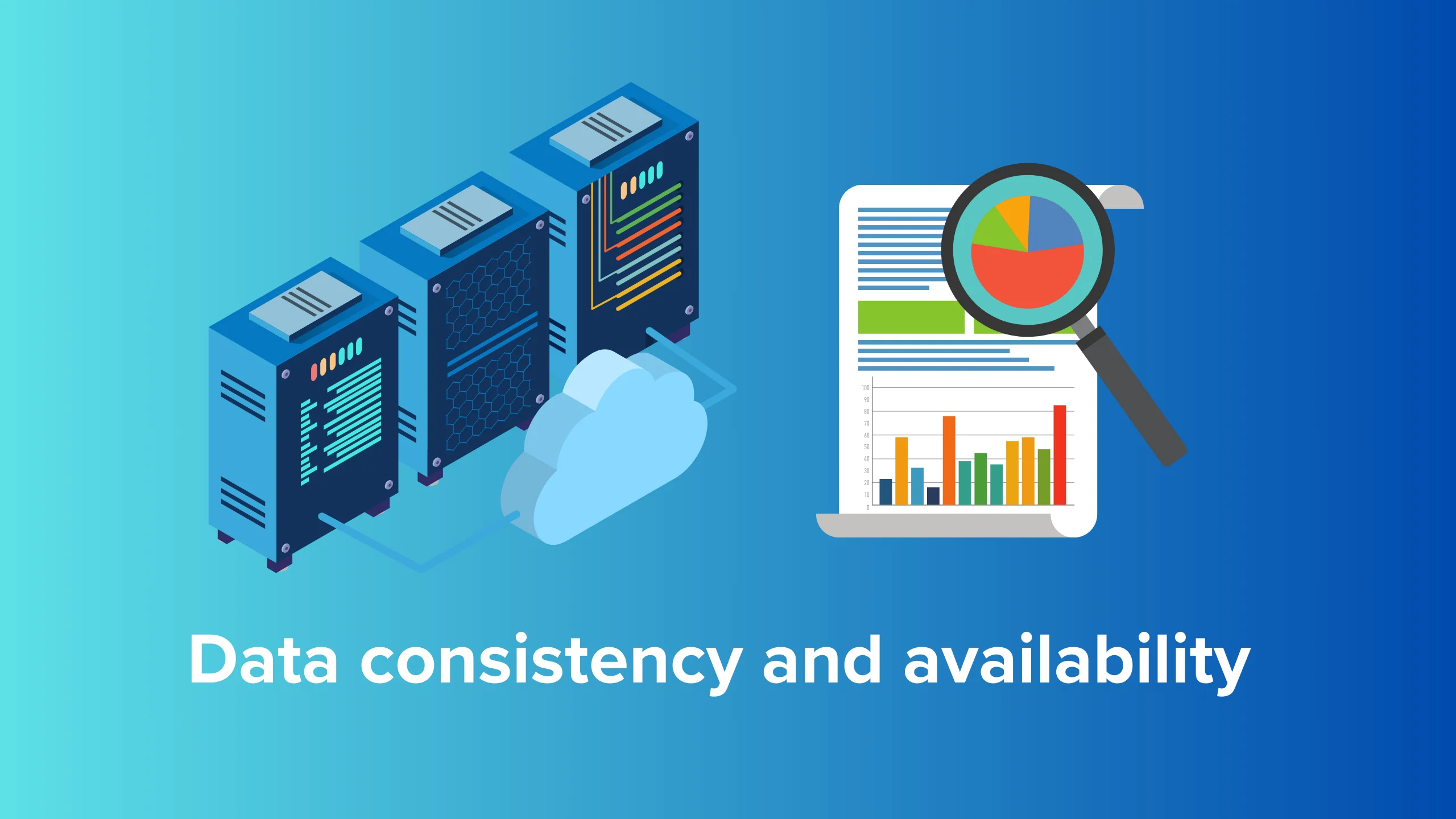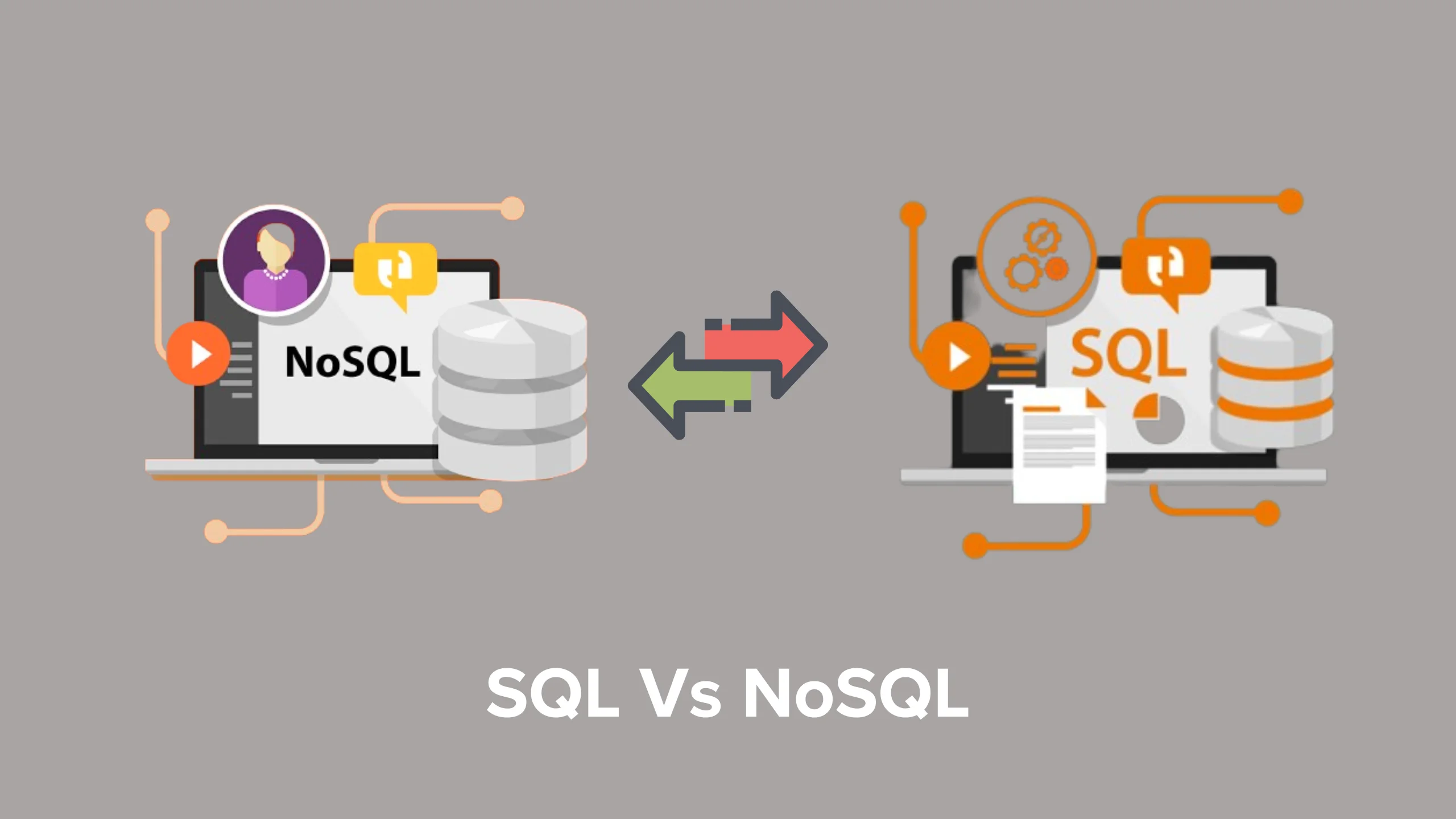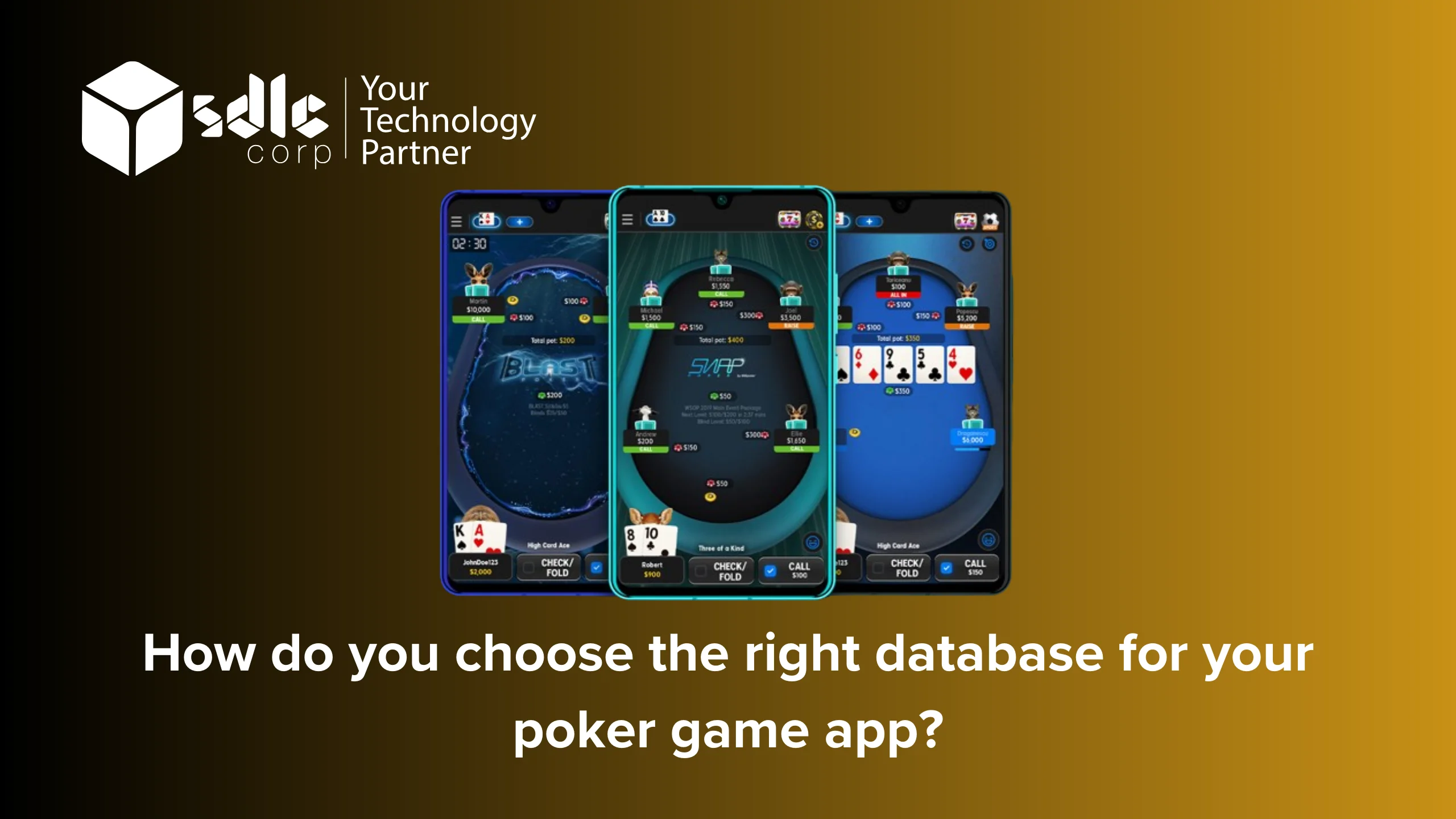Introduction
Choosing the right database for your Poker Game App is pivotal to its success, impacting everything from real-time gameplay to player data management. The decision involves weighing factors like data structure, transaction handling capabilities, and scalability needs. Relational databases like MySQL and PostgreSQL offer robust ACID compliance and structured data handling, making them suitable for applications requiring strict data integrity. On the other hand, NoSQL databases such as MongoDB and Redis provide flexibility in schema design and excel in handling large volumes of unstructured data and high-speed transactions, ideal for dynamic gaming environments.
Partnering with a Poker Game Development Company can streamline this decision-making process. Their expertise ensures that your chosen database aligns perfectly with your app’s requirements for performance, scalability, and user interaction. By leveraging their insights and experience, you can optimize your Poker Game App’s database infrastructure, enhancing its responsiveness and reliability while focusing on delivering an engaging gaming experience to your users.
What role do data consistency and availability play in selecting a database?

Data consistency and availability are critical considerations when selecting a database for a poker app, especially one that operates online. Here’s how these factors play a pivotal role:
Data Consistency:
In a poker app, data consistency ensures that all players see the same game state at any given time. This is crucial for maintaining fairness and reliability in gameplay. For example:
- Transaction Integrity: Ensuring that bets, raises, and game actions are recorded accurately and in real-time across all players.
- Player Balances: Keeping track of each player’s chips accurately to prevent discrepancies or errors during payouts.
In relational databases (like MySQL, PostgreSQL), ACID (Atomicity, Consistency, Isolation, Durability) properties ensure strict data consistency. On the other hand, NoSQL databases (such as MongoDB, Cassandra) might sacrifice strict consistency for greater scalability and performance in certain scenarios.
Availability:
For an online poker app, availability refers to the ability of the system to remain operational and accessible to players at all times, even during high traffic or server issues. Key aspects include:
- High Uptime: Ensuring the platform remains accessible for players to join games, make bets, and interact seamlessly.
- Fault Tolerance: Resilience against hardware failures, network issues, or planned maintenance without disrupting ongoing games or transactions.
Databases that support high availability often employ techniques like replication, clustering, and automatic failover. For example, NoSQL databases are often chosen for their ability to distribute data across multiple nodes, enhancing availability through redundancy and automatic recovery mechanisms.
Choosing the Right Database:
- Relational Databases: Ideal for ensuring strict data consistency in transaction-heavy applications like poker apps, where every action must be accurately recorded and synchronized across all players.
- NoSQL Databases: Provide high availability and scalability benefits, suitable for scenarios where real-time data consistency can be relaxed slightly in favor of responsiveness and distributed data management.

What are some popular databases used in poker game apps?
Several databases are popularly used in poker game apps, each chosen based on specific requirements such as scalability, performance, and data handling capabilities. Here are some commonly used databases:
1. MySQL:
- Type: Relational Database Management System (RDBMS)
- Features: ACID compliance, robust transaction support, good for structured data like user profiles, game histories, and financial transactions.
- Use Case: Suitable for applications requiring strong data consistency and transactional integrity, such as managing player balances and game logs in poker apps.
2. PostgreSQL:
- Type: Relational Database Management System (RDBMS)
- Features: ACID compliance, extensibility, support for complex queries and data types, suitable for both small-scale and large-scale applications.
- Use Case: Used in poker game apps for managing user accounts, game state, and transactional data while ensuring data consistency and reliability.
3. MongoDB:
- Type: NoSQL Database
- Features: Document-oriented, flexible schema design, horizontal scalability, high availability.
- Use Case: Ideal for managing semi-structured data like game logs, chat messages, and session states in real-time poker apps where scalability and flexibility are crucial.
4. Redis:
- Type: Key-Value Store (often used as a caching layer)
- Features: Extremely fast read/write operations, in-memory data storage, supports data structures like lists, sets, and sorted sets.
- Use Case: Often used in conjunction with relational or NoSQL databases to cache frequently accessed data, manage session states, and handle real-time updates in poker game apps.
5. Cassandra:
- Type: Wide Column Store NoSQL Database
- Features: High scalability, fault tolerance, decentralized architecture, optimized for write-heavy workloads.
- Use Case: Suitable for poker game apps needing to handle large volumes of data and ensure high availability and fault tolerance, such as logging game actions and managing player interactions across distributed nodes.
6. SQLite:
- Type: Embedded Relational Database Management System
- Features: Lightweight, serverless, self-contained, suitable for small-scale applications and mobile platforms.
- Use Case: Used in mobile poker game apps where a compact database solution is needed for offline and low-resource environments, storing user preferences, and game data.
How can you ensure data security while choosing a database for a poker game app?

Ensuring data security for a poker game app involves several key considerations when choosing a database:
1. Encryption:
Use encryption both at rest and in transit to protect sensitive data. Ensure that data is encrypted using strong encryption algorithms (e.g., AES-256) to prevent unauthorized access.
2. Access Control:
Implement strict access control mechanisms to ensure that only authorized personnel and systems can access the database. Use roles and permissions to limit access based on the principle of least privilege.
3. Authentication and Authorization:
Use strong authentication mechanisms (e.g., multi-factor authentication) to verify the identity of users accessing the database. Implement robust authorization policies to control what actions authenticated users can perform.
4. Auditing and Logging:
Enable auditing and logging to track database access and modifications. This helps in detecting and investigating potential security incidents.
5. Data Masking and Redaction:
Mask or redact sensitive data fields whenever possible, especially when displaying data to users or exporting data for analytics.
6. Backup and Recovery:
Implement regular backups of the database and ensure that backup data is also encrypted and stored securely. Establish procedures for disaster recovery to minimize data loss in case of a breach or system failure.
7. Patch Management:
Keep the database software and associated components up to date with security patches and updates. Regularly review security advisories and apply patches promptly to mitigate vulnerabilities.
8. Secure Development Practices:
Follow secure coding practices to prevent common vulnerabilities such as SQL injection and ensure that third-party libraries and components used in the database environment are also secure.
9. Compliance and Standards:
Ensure compliance with relevant data protection regulations (e.g., GDPR, CCPA) and industry standards (e.g., PCI DSS for payment data) applicable to your poker game app.
10. Monitoring and Intrusion Detection:
Implement real-time monitoring and intrusion detection systems to detect and respond to suspicious activities or potential security breaches promptly.
By carefully considering these aspects and integrating appropriate security measures into your database selection and management process, you can significantly enhance the data security posture of your poker game app. When developing a poker game app, it’s crucial to collaborate with experienced poker game developers who understand the nuances of poker platforms and adhere to best practices in poker app development.

What are the differences between SQL and NoSQL databases?

When selecting a database for your poker game app, especially in the context of Poker Game Development, a top poker game development company, it’s essential to understand the differences between SQL and NoSQL databases. Here’s a detailed comparison, considering these factors and how they impact your poker game app.
SQL Databases (Relational Databases)
- Structure: SQL databases are structured and use predefined schemas to organize data into tables with rows and columns. Relationships between tables are established through foreign keys.
- Schema: Schema-based, requiring predefined schemas before data can be added. This enforces data integrity and consistency.
- Query Language: Use SQL (Structured Query Language) for querying and maintaining the database. SQL is powerful for complex queries and joins across multiple tables.
- ACID Compliance: Typically adhere to ACID (Atomicity, Consistency, Isolation, Durability) properties, ensuring reliable transactions and data integrity.
- Scalability: Vertical scaling (adding more power to existing machines) is common. Horizontal scaling (adding more machines) can be more complex.
- Examples: MySQL, PostgreSQL, Oracle, SQL Server.
NoSQL Databases (Non-relational Databases)
- Structure: NoSQL databases are schema-less and can store unstructured, semi-structured, or structured data. They come in various types including document, key-value, column-family, and graph databases.
- Schema: Flexible schema design allows for dynamic changes to data models, accommodating different data types and structures.
- Query Language: Often use non-SQL query languages specific to the type of NoSQL database (e.g., MongoDB uses a JSON-like query language).
- Eventual Consistency: Many NoSQL databases prioritize availability and partition tolerance over immediate consistency, often following the BASE (Basically Available, Soft state, Eventual consistency) model.
- Scalability: Designed for horizontal scaling, making it easier to distribute data across multiple servers.
- Examples: MongoDB, Cassandra, Redis, Couchbase.
















